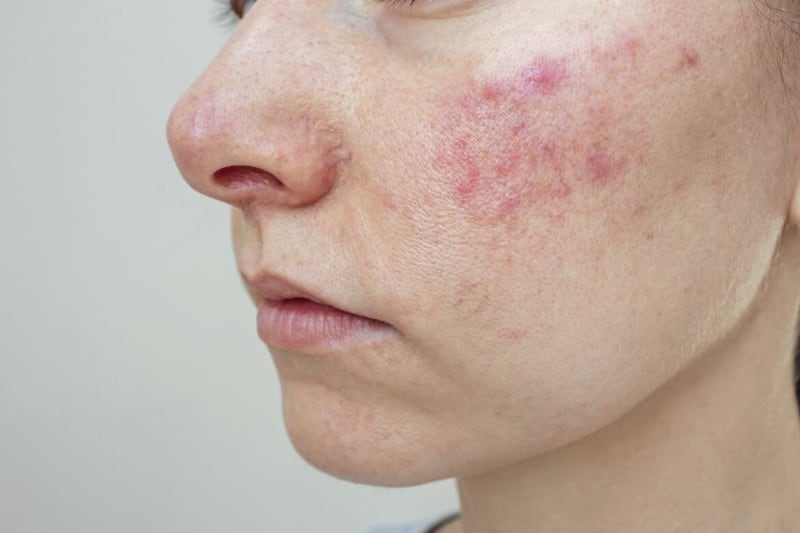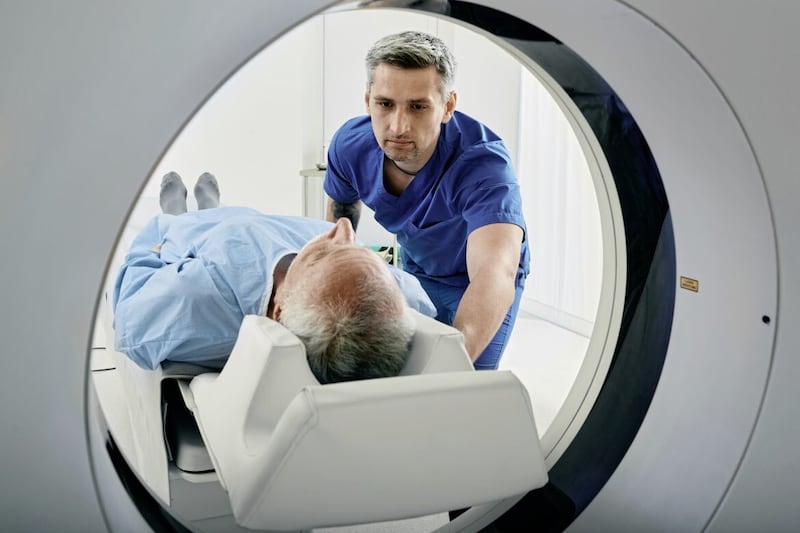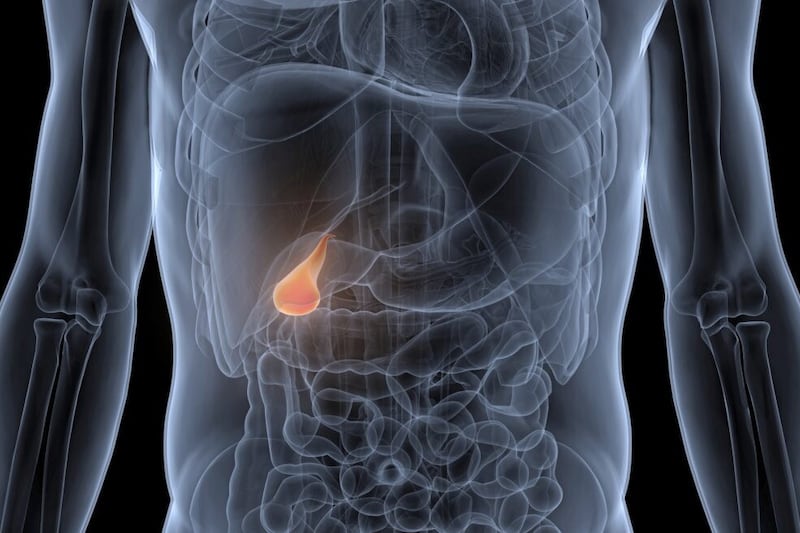Q: I SUFFER from weird sweating on the left side of my body. I get a red line down my face when it’s really bad and sweat is dripping on to my forehead, while my right side is very dry. I’m 53 and this has been going on for more than 10 years. I’m worried there’s a serious underlying health issue.
DA
A: Thank you for writing to me about this unusual experience, as I suspect there will be others who have it but who do not know the cause.
What you have is a puzzling condition called Harlequin syndrome which, although troublesome and sometimes embarrassing, is not sinister. The disorder is due to an abnormality of the nerves controlling blood flow in the vessels supplying the skin of your face, neck, and the upper part of the chest.
Flushing and sweating induced by exercise or hot conditions – or even emotional situations – is part of a normal response by the autonomic nervous system, which controls systems that are regulated subconsciously, such as our breathing.
Harlequin syndrome arises from a malfunction which stops the autonomic nervous system communicating with one side of your body as normal (in your case, the right side), meaning it does not flush or sweat.
It is thought that this triggers worse flushing on the opposite side where function is normal (in your case, the left side).
So what might be disrupting the nerves on the dry, non-flushing side of your face and neck? Often the diagnosis focuses on junction boxes (a point where different nerves meet and combine), which include the stellate ganglion (in the front of the neck) and the superior cervical ganglion (in the upper-neck).
These are close to the spine and, possibly, at some stage, damage or a twisting of your neck or the upper part of the spine in the neck might have affected the nerves on that one side.
This could have happened at birth or in an accident later in life. It might be that excessive sweating occurring in the lead up to the menopause caused the symptoms to become more evident than they were earlier in life.
Although there is nothing sinister about this condition, I am sorry to tell you that there is no treatment for it. That said, the measures you say in your longer letter that you have taken for your comfort, such as refraining from wearing make-up, sound advisable.
Q: I AM 69 and have had higher than normal eye pressure for years, although I do not have glaucoma. I want to use a nasal spray for my allergic rhinitis, but they all state: "Check if you have high eye pressure."
KW
A: GLAUCOMA is a group of eye disorders which, until some years ago, were thought to be due to increased pressure within the eye putting pressure on the optic nerve. The condition causes gradual narrowing of vision, and blindness if left untreated.
But it is now realised that the cause is not elevated pressure (though that is a risk factor), but neuropathy, a form of nerve damage leading to the loss of nerve cells in the retina, the light-sensitive area at the back of the eye.
In some cases, the use of steroids – such as those in many nasal sprays for rhinitis (swelling of the mucous membrane lining the nose, which causes a runny nose or stuffiness) – can be a trigger for glaucoma as they can increase eye pressure, particularly if the patient has raised pressure, as you do.
But research shows that newer types of steroid nasal sprays do not increase eye pressure; these include mometasone and fluticasone, which may be safer as they are less readily absorbed through the tissues.
That said, it is probably safest to avoid nasal steroids altogether.
Instead, you can use a nasal antihistamine spray, such as azelastine, which will need to be prescribed by your GP. This is superior to oral antihistamines and just as effective as the potent fluticasone.
You should find that azelastine is rapidly effective in suppressing your rhinitis.








